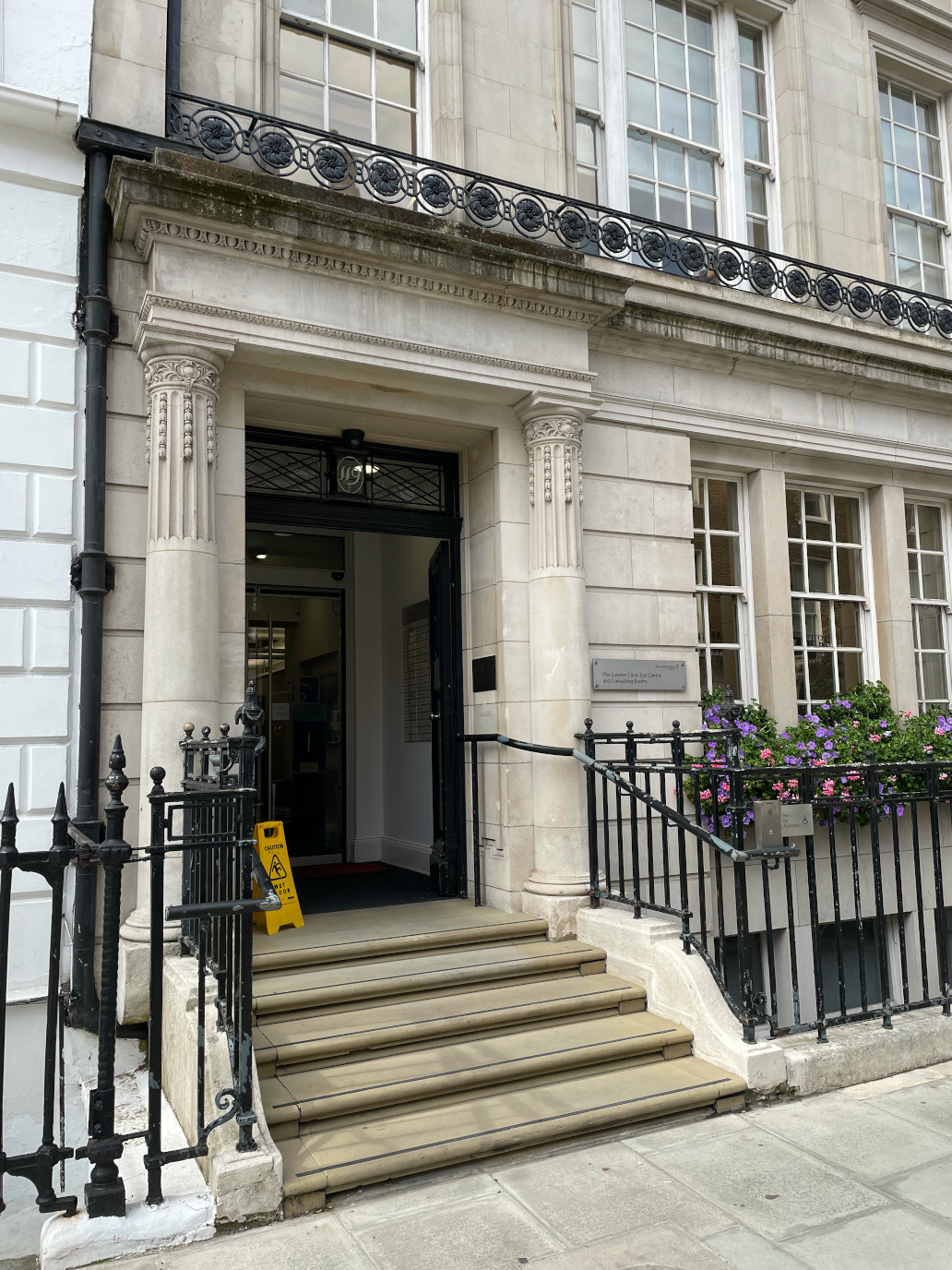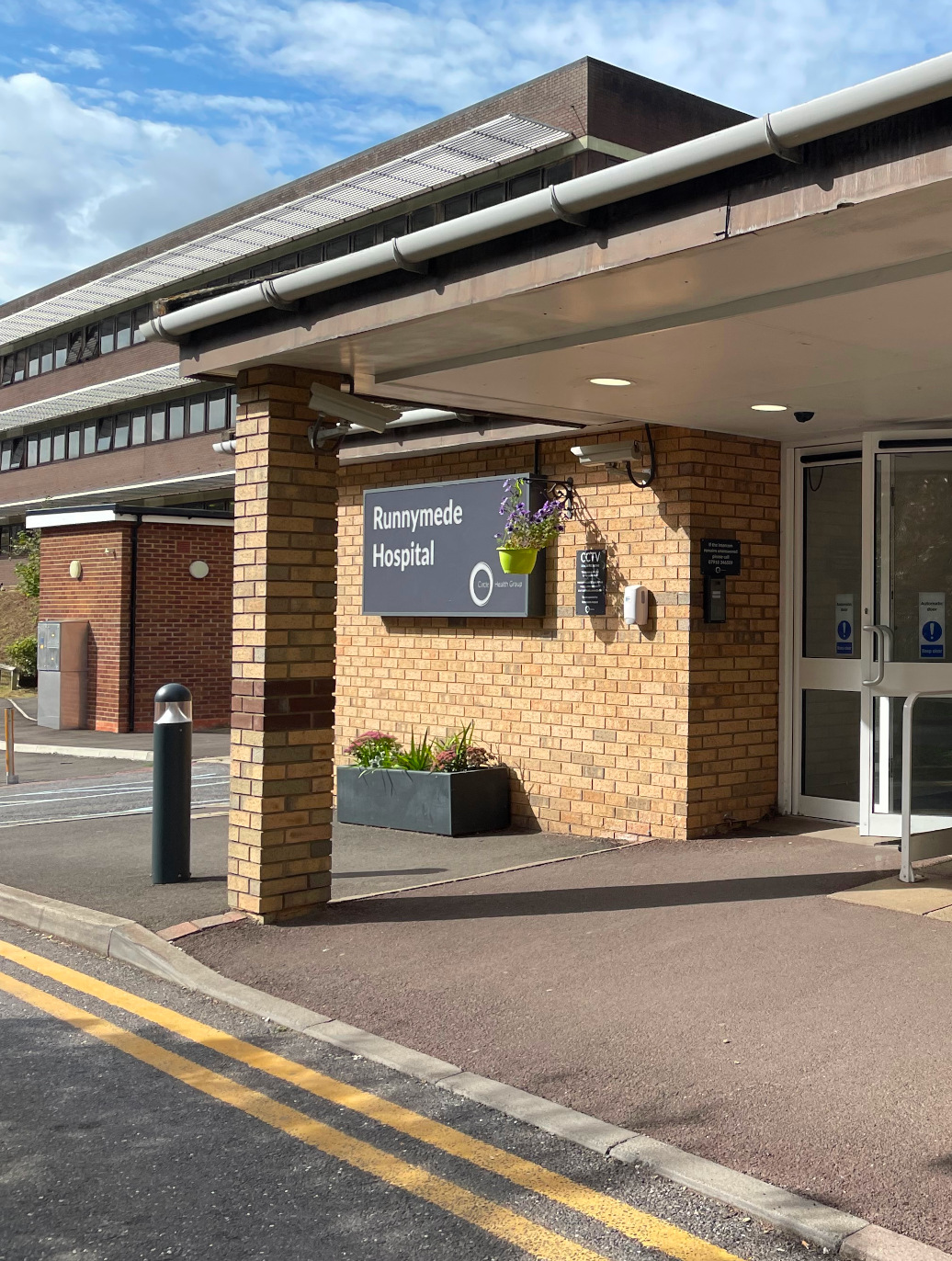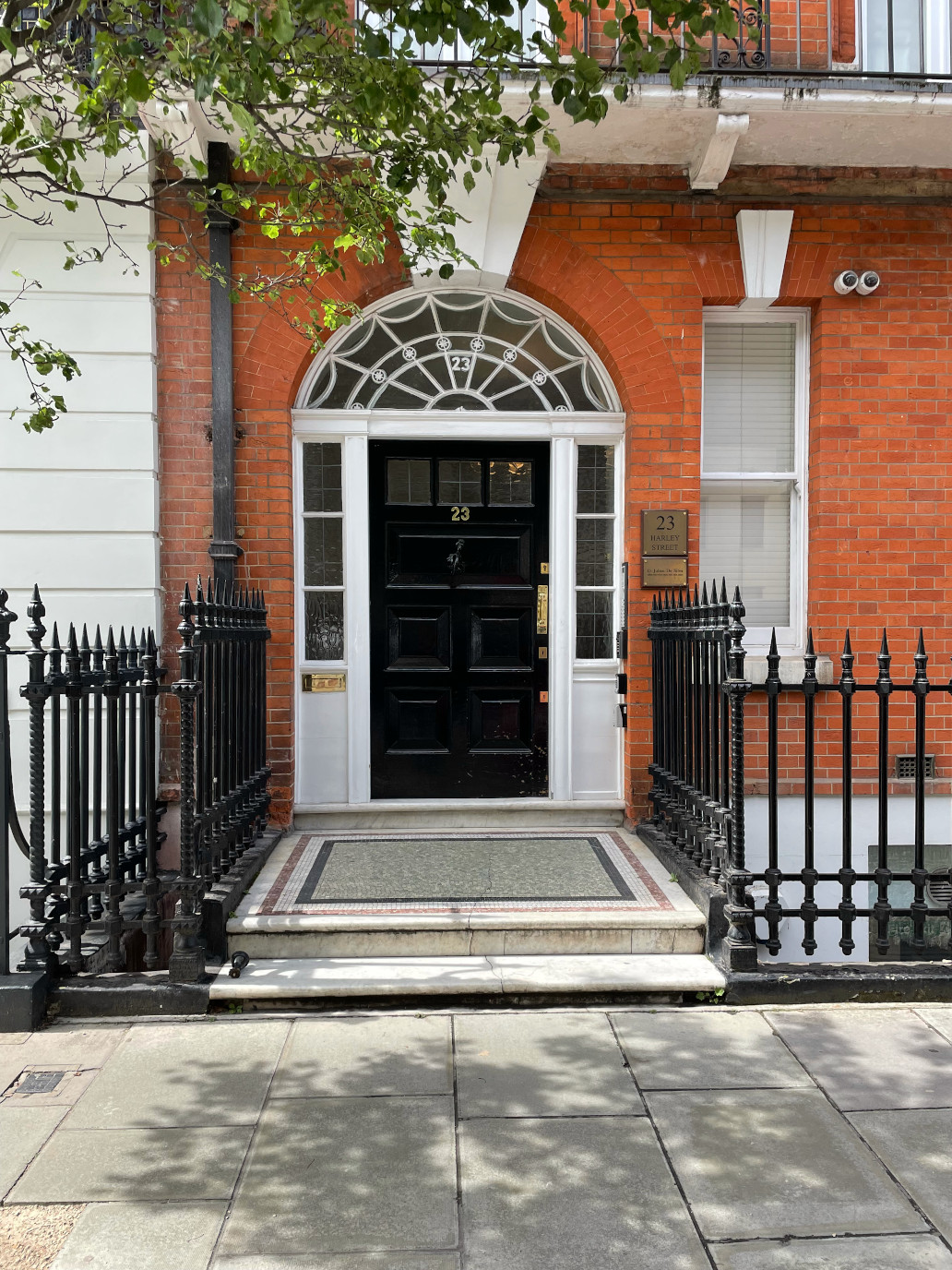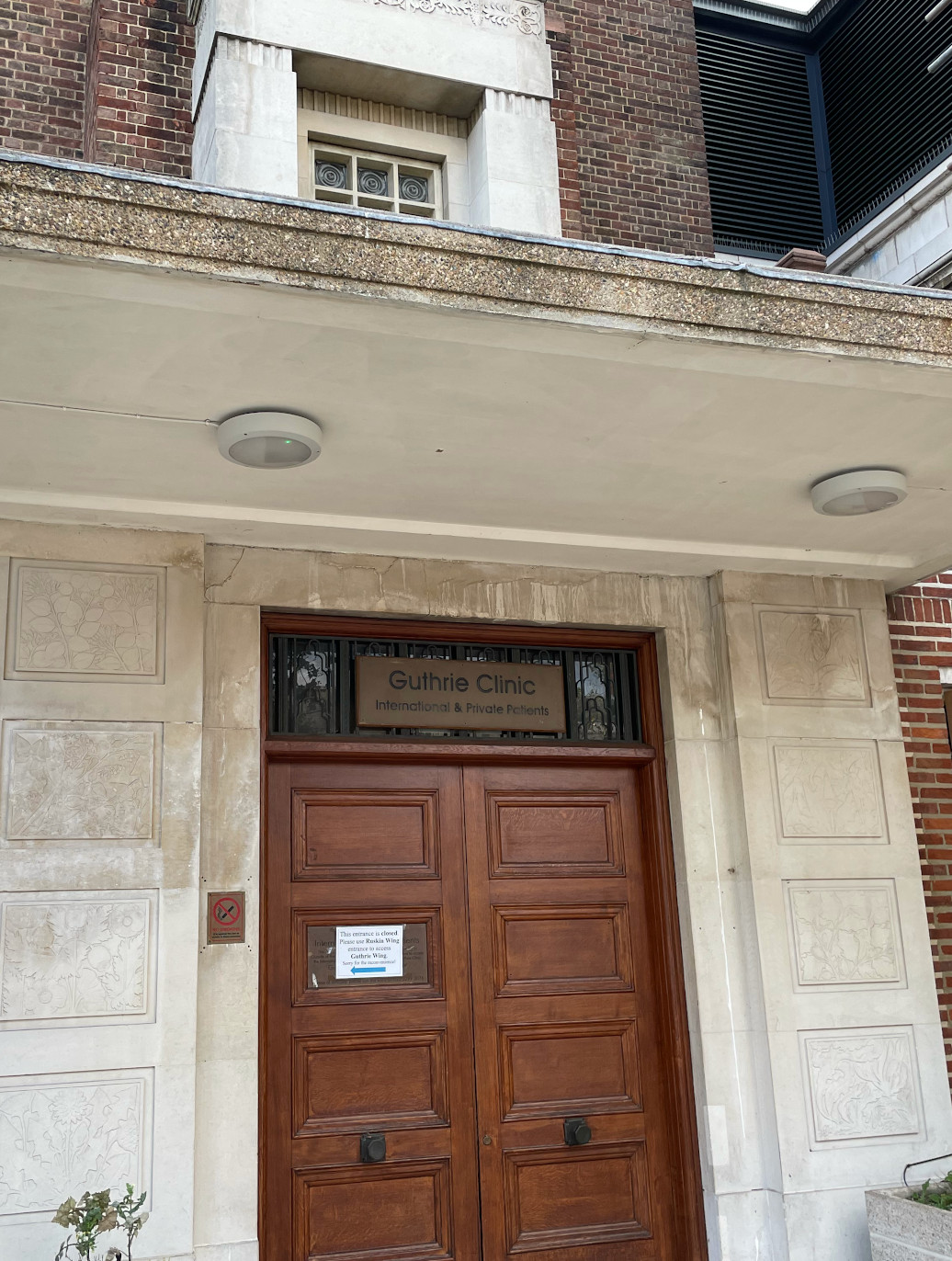What is Cataract?
A cataract is a progressive and common eye condition in which the eye’s natural lens becomes increasingly opaque or clouded. As the aging process ensues, the majority of individuals will experience some degree of lens clouding, although the onset can vary from person to person. This clouding hinders the transmission of light to the retina, causing visual disturbances that can range from mild blurriness to significant loss of sight.
While cataracts are an almost inevitable part of growing older, due to the extended life expectancy nowadays, they represent a prevalent challenge to clear vision. The severity can escalate over time, with advanced cataracts taking on a waterfall-like appearance, leading to considerable vision impairment and even blindness if left untreated.
The silver lining is that medical advancements have paved the way for efficient treatments, primarily through surgical intervention. This entails replacing the clouded lens with an artificial intraocular lens, restoring clarity of vision. Given its reputation as the leading cause of blindness globally, it’s imperative to recognize and address cataracts timely to preserve and enhance visual quality.
What are the Symptoms
- Clouded or fuzzy eyesight
- Ghosting of images, or double vision
- Diminished vibrancy and differentiation of colors
- Increased sensitivity to light, especially during nighttime
- Frequent need for updated eyewear prescriptions
- Circles appearing around illuminated objects.
Cataracts can form due to multiple factors such as:
- Prolonged exposure to UV rays.
- Being subjected to radiation.
- Underlying health conditions like diabetes or hypertension.
- The natural aging process.
- Physical injuries, which may have occurred a long time ago.
The manifestation of a cataract can be a slow process, spanning over years or just a few months. This gradual onset can affect activities like nighttime driving, reading fine text, and achieving clear vision even with corrective eyewear like glasses or contacts.
Though it’s rare, a cataract can also appear abruptly. Such a sudden realization might occur when an individual covers their unaffected eye and discovers they’ve been predominantly using their other eye for vision.
Cataract treatment
Cataract Surgery
Mr Trikha usually performs cataract surgery under local anaesthesia (eye drops), and this often results in rapid recovery time. With this approach the eye can often be more comfortable post-surgery. Other anaesthesia options are available, including sedation or general anaesthetic, and these can be discussed at your consultation.
The surgery involves micro-incisions which self-seal, and therefore do not require stitches. The cataract is removed using ultrasound energy and an artificial lens implant is inserted, and fitted according to your visual needs.
Mr Sameer Trikha On Cataracts
Where to find us

The London Clinic Eye Centre

The Circle Hospital

23 Harley Street


